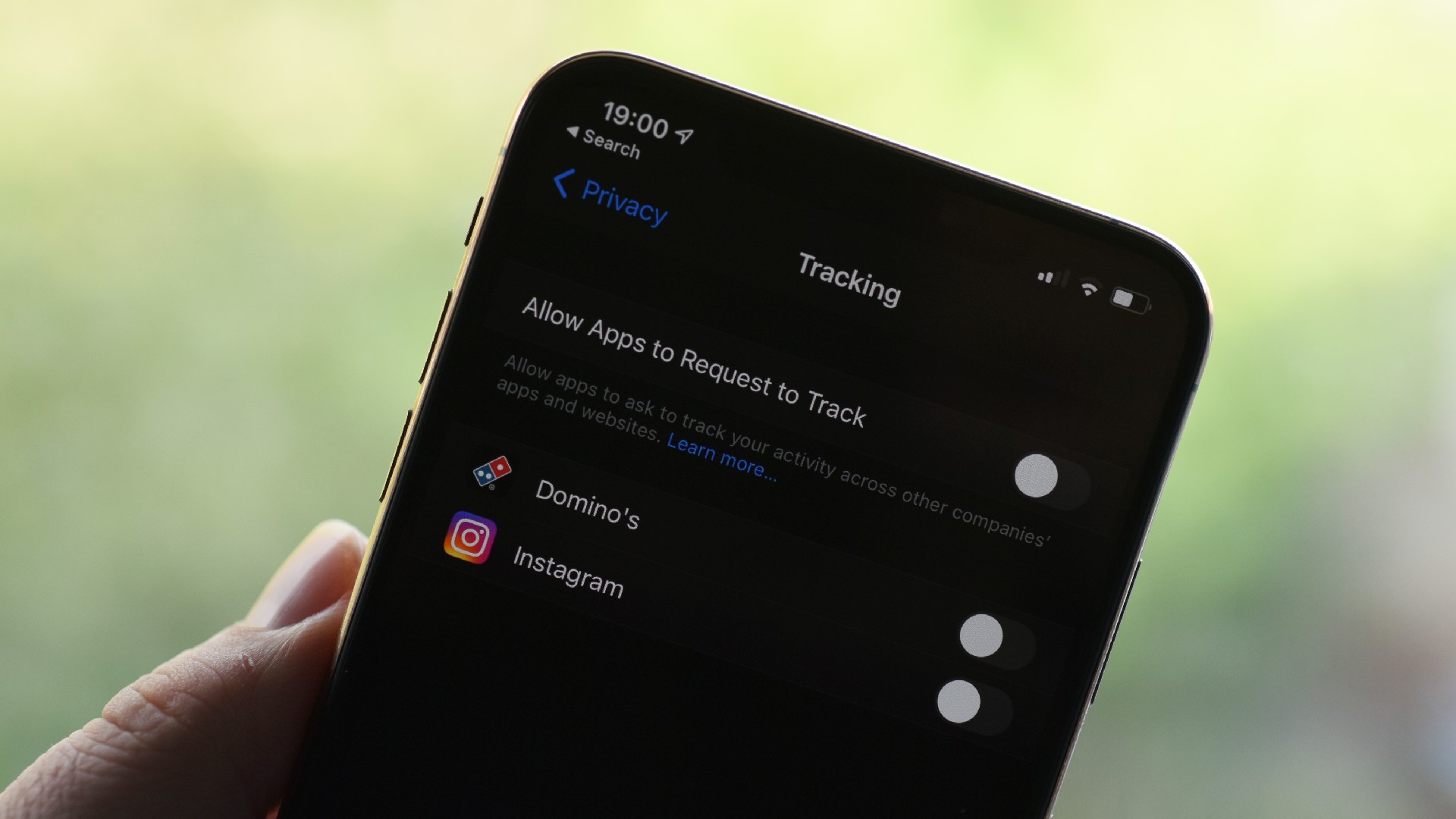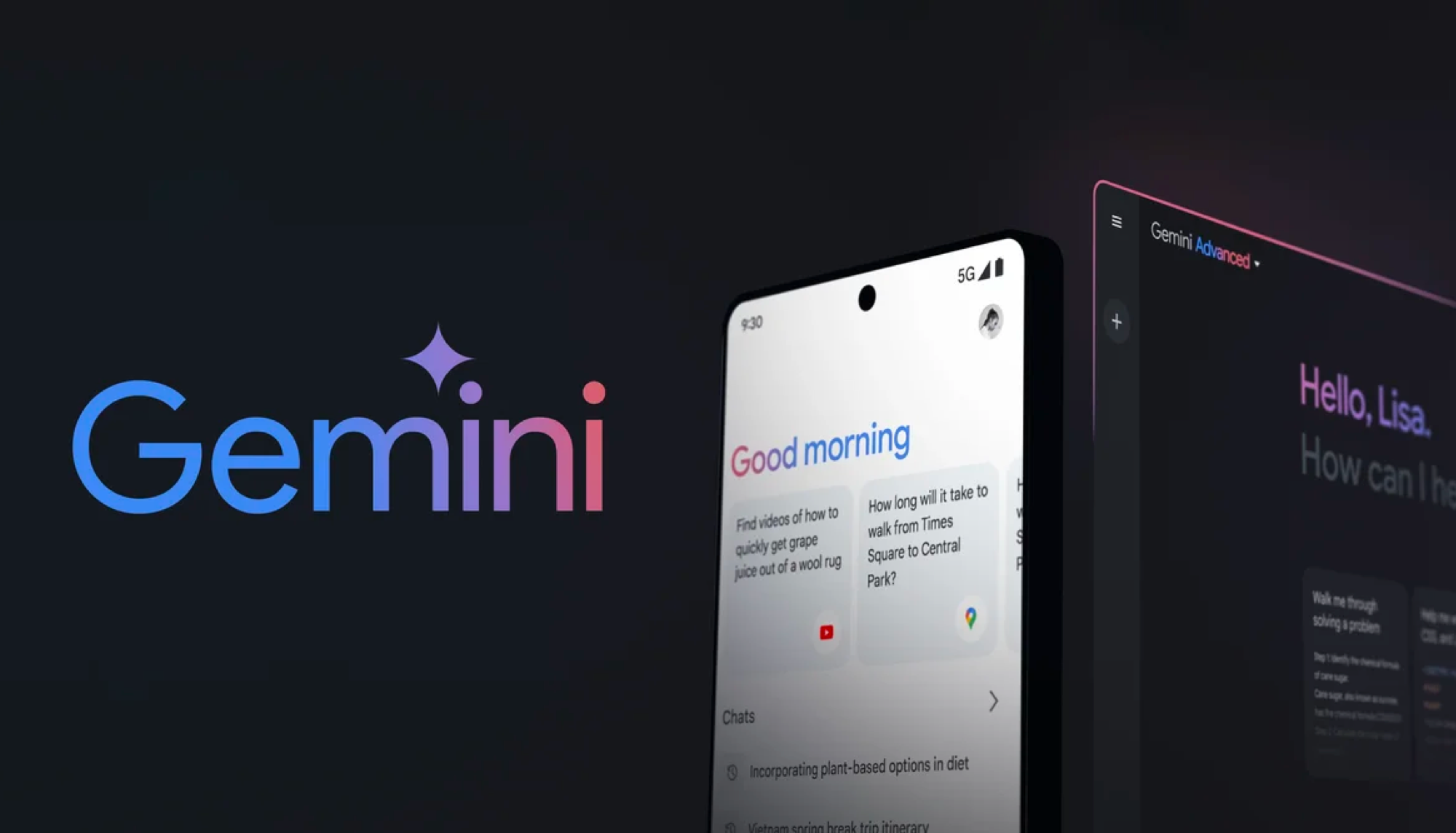96% of iOS 14.5 users are opting out of ad tracking — how you can do it, too
It's very easy to stop iOS apps from tracking your online activity

It seems that Mark Zuckerberg, CEO of Facebook, had ample concern about Apple's push to allow users on iOS 14.5 to opt out of tracking. That's because new research shows that 96% of iPhone users with iOS 14.5 have been preferring not to enable tracking. And for a company like Facebook, which makes money primarily through ads, not knowing what people are searching for when on their phones means less data to link advertiser to potential customer.
Indeed, only around 4% of US iPhone owners have agreed to let apps like Facebook, Instagram and others access their Identifier for Advertisers tag (IDFA). That's according to Flurry Analytics (owned by Verizon). The picture changes a little when the rest of the world is factored in, with roughly 12% of people giving apps permission to track their habits.
- Did Apple's newest product impress, check out our AirTag review to find out
- Confused about paying by phone, here's how to use Apple Pay on iPhone
- Plus: iOS 14.6 promises boosted AirTag tracking, design tweaks and more
Apple CEO Tim Cook has previously explained the change, saying on Twitter, "We believe users should have the choice over the data that is being collected about them and how it’s used. Facebook can continue to track users across apps and websites as before, App Tracking Transparency in iOS 14 will just require that they ask for your permission first."
Apple wants to give users a say in how their data is used, according to Cook. Facebook believes that if you buy a shirt from an online shop, it should know enough information to push ads for matching pants. The two have been at loggerheads over it for some time.
In an earnings call in January, Zuckerberg said, "Apple may say that they're doing this to help people, but the moves clearly track their competitive interests."
This is somewhat confusing, as Apple doesn't really compete with Facebook, at least not at the moment. It doesn't own a social network. And while it does sell advertising to some degree, it's small in comparison with Facebook's earnings.
If Facebook simply means that Apple wants to endear itself to consumers by offering them choice, well, yeah. That does seem to be the goal, and one that's been met with positivity by end-users. Apple has to obey its own rules too. It's not tracking iPhone and iPad owners across third party sites either.
Sign up to get the BEST of Tom's Guide direct to your inbox.
Get instant access to breaking news, the hottest reviews, great deals and helpful tips.
Under iOS 14.5, it's incredibly simple to prevent apps even asking you for permission to track what you do online. Head to Settings > Privacy and press Tracking. If the toggle isn't set to off, you can do so and apps won't hassle you about it, apart from Instagram and Facebook, of course. You'll also see any apps you've declined access to as well as the option to manually toggle the setting if you wish.
Ian has been involved in technology journalism since 2007, originally writing about AV hardware back when LCDs and plasma TVs were just gaining popularity. Nearly 15 years on, he remains as excited as ever about how tech can make your life better. Ian is the editor of T3.com but has also regularly contributed to Tom's Guide.
